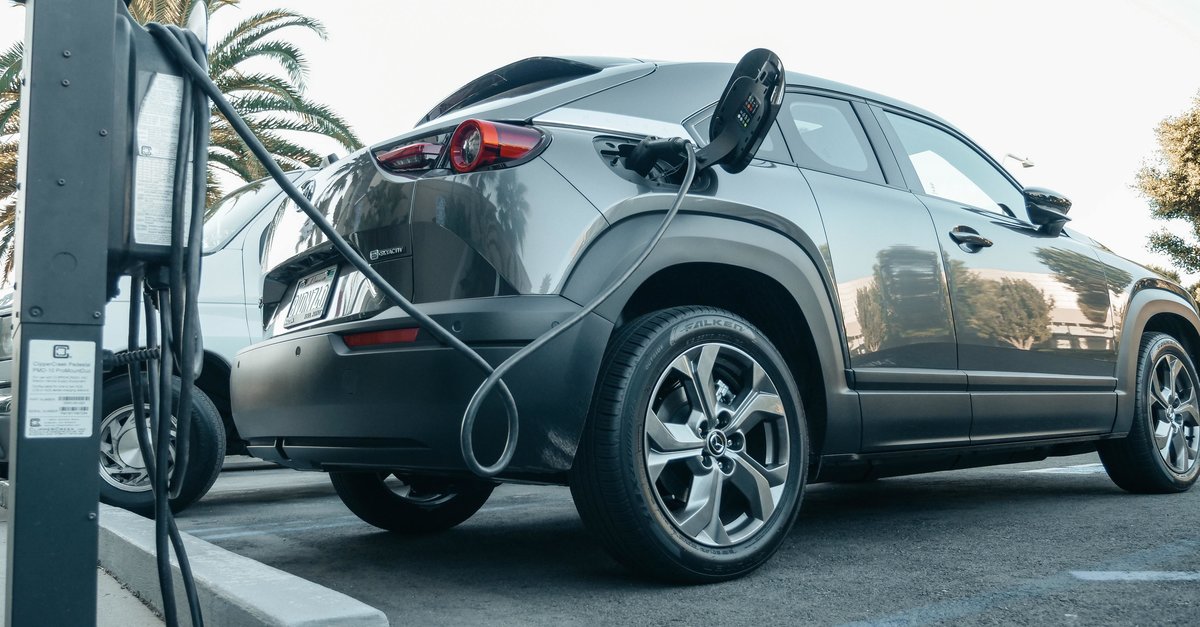The truth on Germany’s streets disappoints

E-cars are on the rise. But the federal government’s goal of 15 million electric vehicles by 2030 is still a long way off. This is revealed above all by a closer look at the current status on Germany’s roads.
E-cars vs. plug-in hybrids: The race in Germany is extremely close
Germany is on the way towards the e-car destination: By 2030, 15 million electric cars should be on the road in Germany. But how is it currently? The Federal Government has answered this question to a so-called Small request from the opposition faction CDU/CSU answered in the Bundestag.
As of July 1, 2022 were accordingly 756,517 purely electric e-cars (BEVs) in Germany reported. In addition, there are almost as many plug-in hybrids with a total of 684,057 units. According to this, 1,440,574 electric vehicles have already been registered.
But the numbers leave a stale aftertaste. The purely electric vehicles have here no clear guidance E-cars, on the other hand, are slightly ahead of plug-in hybrids. On the one hand, that’s no wonder, after all, customers can also get a handsome subsidy for hybrids – at least for now. On the other hand, the positive climate benefit of hybrids is minimal. A study has shown that the real consumption of plug-in hybrids should be up to three times higher than that shown in the manufacturers’ test procedures.
In terms of price, too, the race between electric cars and combustion engines is now open again:
However, it is already becoming apparent that this relationship between BEVs and plug-in hybrids will probably not last. With the end of the subsidy for hybrids from 2023, cars with mixed drives are likely to become significantly less attractive for potential buyers. However pure e-cars will then also face greater challenges, because for them the amount of the environmental bonus decreases.
Car expert warns: Interest in electric cars could dry up
Car expert Ferdinand Dudenhöffer is already warning that the reduced funding for e-cars could turn into a serious problem in the coming years. The possibly small change for combustion engines due to Euro 7 could become a noose around the neck of interest in e-cars.



